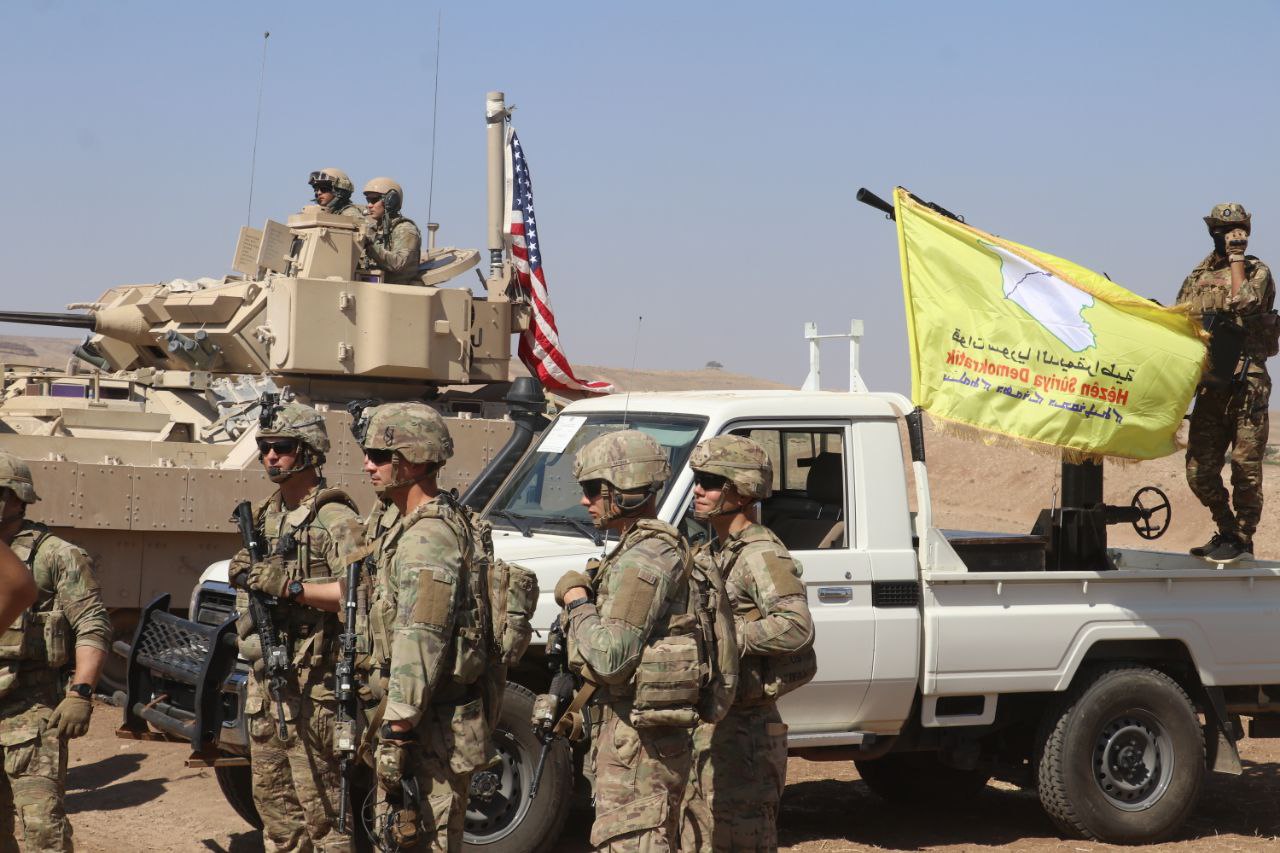On September 8, the Kurdish-led Syrian Democratic Forces (SDF) concluded its security operation in Deir Ezzor as clashes with Arab tribes in the governorate winded down.
The group launched the operation with support from its main backer, the United States-led coalition, on August 27 after arresting Rashid Abu Khawla, the leader of its largest Arab faction, the Deir Ezzor Military Council.
While the SDF claimed that the operation was mainly aimed against ISIS cells in Deir Ezzor, the real goal was to crackdown on tribesmen who started an armed uprising to protest the arrest of Abu Khawla and repressive measures against the Arab population of the governorate.
Clashes in Deir Ezzor came to a halt on September 8 when the SDF entered the key town of Diban in the southeastern countryside of the governorate, the stronghold of Sheikh Ibrahim al-Hafel who led the tribal uprising. The whereabouts of the Sheikh remain unknown.
In a statement announcing the end of its operation, the SDF accused the Syrian government and Turkey of inciting violence in Deir Ezzor.
“Some forces, led by the Syrian and Turkish regimes, tried to create strife, but the continuous communication between the SDF and the people of the region … closed the way for those lurking to destabilize the security of the region, and led the operation to success,” the statement reads.
Prior to the release of the statement, SDF forces entered three key towns in the southeastern countryside of Deir Ezzor, Abu Hamam, al-Kashkiya and Gharanij. Video footage showing tribal fighters handing back military vehicles which were captured during the uprising also surfaced on social media.
The SDF alleged that 25 of its fighters were killed during the operation, along with 25 tribesmen. It also acknowledged that nine civilians were wounded.
The Syrian Observatory for Human Rights reported a much higher death toll. According to the London-based monitoring group, 57 tribesmen and nine civilians, including five children and two women, lost their lives during the clashes in Deir Ezzor.
According to unconfirmed reports, the SDF victory in Deir Ezzor came following threats from the U.S.-led coalition to Arab tribes.
The coalition, who maintains two bases at the Conoco gas plant in the eastern Deir Ezzor countryside and al-Omar oil fields in the southern countryside of the governorate, didn’t intervene in the clashes. Nevertheless, it clearly sided with the SDF.
While Arab tribes failed to expel the SDF from Deir Ezzor, the uprising did weaken the Kurdish-led group’s influence in the governorate and other Arab areas in northern and eastern Syria. Turkish attempts to take advantage of the situation by launching attacks in Aleppo, Raqqa and al-Hasakah failed, however.
MORE ON THIS TOPIC:







very soon the fascist capitalist paedophilic and genocidal anglo scum along with his brother in crime the khazarian zionist scum will be deleted from the face of earth. amen